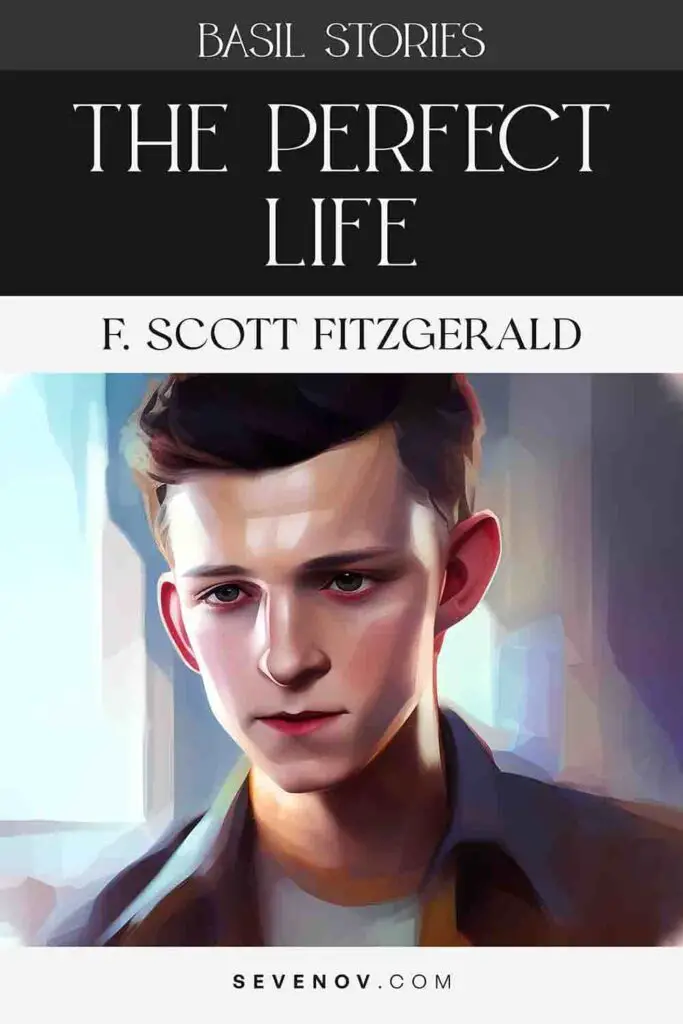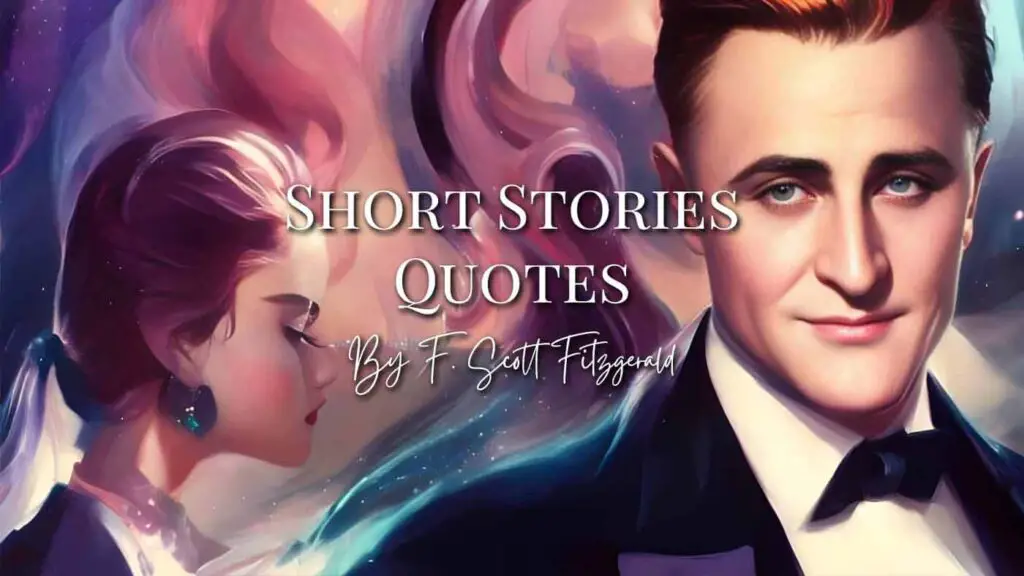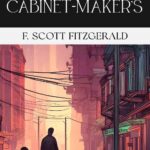
The Perfect Life by F. Scott Fitzgerald
Author: Francis Scott Fitzgerald
Published: The Saturday Evening Post (January 5, 1929), Taps at Reveille (1935)
Genre: Short Story
Read The Perfect Life online at PageVio
“The Perfect Life” is a short story by F. Scott Fitzgerald published in The Saturday Evening Post on December 29, 1928, and Taps at Reveille in 1935. “The Perfect Life” is part of the Basil Lee series.
1. The Perfect Life Synopsis
The story revolves around Basil Lee, a young man who, after a transformative encounter with John Granby, becomes inspired to lead a life of moral excellence and positive influence. Basil’s newfound ideals lead him to cross paths with Jobena, the enigmatic sister of his friend George. Infatuated with Jobena, Basil’s attempts to impress her with his commitment to a virtuous life inadvertently drive a wedge between them. Struggling with his own insecurities,
Basil plots to prevent Jobena from marrying Skiddy De Vinci, whom he deems unworthy. In a twist, he manipulates Skiddy into a drunken state to keep him away from Jobena. The story explores Basil’s internal conflict, his evolving sense of responsibility, and his navigation of romantic feelings, all set against a backdrop of youthful ideals and personal growth.
2. Story Summary
Chapter 1
After an impressive football game where Basil’s exceptional performance drew admiration, he meets John Granby, a St. Regis alumnus. Granby commends Basil’s influence and potential to inspire positive change among his peers. Granby shares his own experience of helping friends avoid destructive behavior, motivating Basil to consider his responsibility as a role model. Basil is moved by Granby’s ideals of leading a perfect life marked by integrity and impact. Inspired, he envisions a future where he embodies both light and dark qualities, driven by an intense ambition for personal excellence. This encounter prompts Basil to reflect deeply and draft his own principles for leading a remarkable life.
Chapter 2
A month later, George Dorsey introduces his mother to Basil Lee during a visit to the school grounds. While initially discussing ordinary topics, George’s conversation with his mother shifts to a hesitant sharing of his observations about Basil’s recent behavior. George notices that Basil has become rather preachy about leading a “perfect life.”
Meanwhile, Basil arrives at the Dorseys’ house in New York for Thanksgiving. He meets Jobena, George’s sister, and becomes intrigued by her mysterious and shifting demeanor. At a dance, Basil tries to influence Jobena with his newfound commitment to a morally upright life, which she finds irritating. Later, Basil unintentionally overhears a conversation between Jobena and Skiddy De Vinci, who confirm his suspicions that Jobena finds his moralizing off-putting and artificial.
Chapter 3
Basil, deeply infatuated with Jobena, is tormented by his humiliation and strives to prove his worth. He believes Jobena’s assertion that he’s a “nasty little prig” and seeks to prevent her from marrying Skiddy De Vinci, whom he believes is dissipated. Basil plans to talk to Jobena’s father but becomes conflicted. He eventually approaches Skiddy, who is packing to leave, and engages him in conversation to stall him. Basil covertly ensures Skiddy drinks heavily, making him late for an important engagement. He then escorts the intoxicated Skiddy to his destination, successfully preventing him from seeing Jobena.
Chapter 4
Basil, under the influence of three cocktails, arrives at the Dorseys’ house in a jubilant and confident state. He finds Jobena waiting, and their conversation turns to Skiddy’s drinking. Basil takes Jobena’s suitcase and they have a serious discussion about their feelings. Later, on the train, George questions Basil about his drinking, and Basil confesses that he had been drinking on Thanksgiving. He assures George that he’s quitting alcohol and shares that Jobena encouraged him to stop. They also discuss the conversations between Basil and Jobena, deciding to keep them private.

Recommended: Short Stories Quotes by F. Scott Fitzgerald




